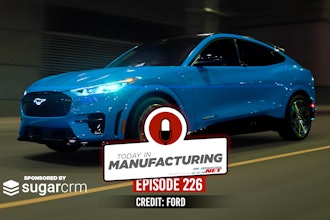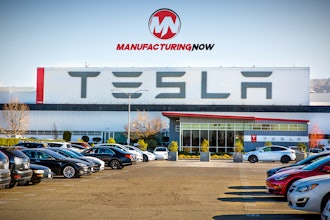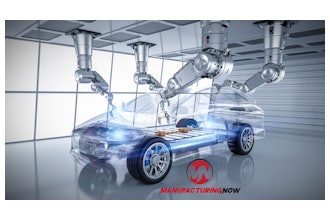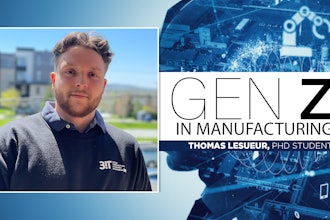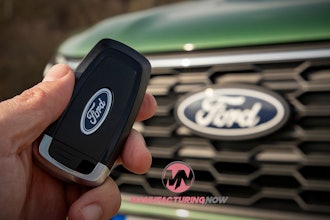Billions of dollars have been allocated toward the shift away from the internal combustion engine and towards electric vehicles. But we know that automakers aren’t exactly doing this out of the goodness of their hearts.
The car business’ move toward EVs serves as a way of meeting ambitious emission targets as the U.S. and other nations look for ways to increase adoption of zero-emission vehicles. And while some car makers have become more comfortable with the future of the market, others are still, well, not exactly pleased.
Take Stellantis, for example. Carlos Tavares, the chief executive of the owner of brands like Jeep, Dodge and Chrysler, recently told Reuters that the associated costs for transitioning to electrics were “beyond the limit” for automakers.
He claims the cost of electrification are 50% more than those of a conventional vehicle, and says, “There is no way we can transfer 50% of additional costs to the final consumer because most parts of the middle class will not be able to pay.”
And if they don’t pass along the associated costs, says Tavares, then slimmer profit margins would result -- with both potential paths ultimately leading to cutbacks. To boot, he says, the speed at which automakers are being tasked with these developments is “counter productive,” and quality could suffer.
While Stellantis is raising the alarm on the cost and pace of these developments, other industry experts are taking a more neutral tone. For example, Reuters points to forecasts that show the scale of EVs is already driving down their costs, and that the electric motor and internal combustion engine could be more or less equal from a cost standpoint in the latter part of this decade.
In the meantime, Stellantis is focusing on immense productivity improvements and -- yes -- money, with 30 billion euros earmarked for EV development between now and 2025.









